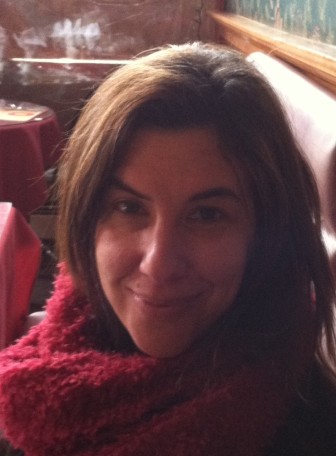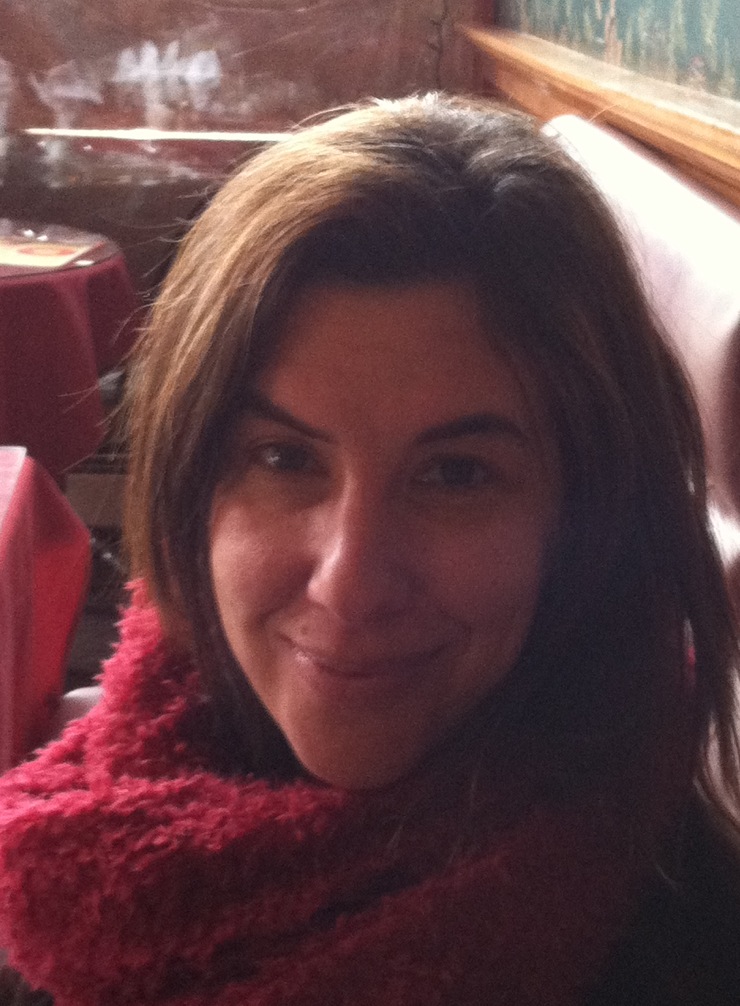 I just returned from the Adult and Juvenile Female Offenders Conference in Portland, Maine, where Piper Kerman, author of the memoir “Orange Is the New Black,” -- the inspiration for the wildly successful Netflix series of the same name -- gave the keynote address to the 400 or so attendees all with some connection to the offender population.
I just returned from the Adult and Juvenile Female Offenders Conference in Portland, Maine, where Piper Kerman, author of the memoir “Orange Is the New Black,” -- the inspiration for the wildly successful Netflix series of the same name -- gave the keynote address to the 400 or so attendees all with some connection to the offender population.
In her book and as a consultant to the writers of the show, Kerman’s fellow inmates are shown in vivid back stories that humanize them all. She has stayed in touch with some and lost track of others. She attributes all of the success stories to a strong support system on the “outside,” post-release.
For the past three years, I have been volunteering at a New England county jail leading a mandatory goal-setting workshop for newly incarcerated women. They cycle through in two-week batches. My best guess is that I have taught at least 1,500 women in those three years. Generally their crimes range from drug and sex trafficking to assault and battery to a smattering of white-collar crimes. They are of all races, ages, socio-economic backgrounds and most are repeat offenders.
I enter my classroom from the top of a set of stairs where I can look down at the women waiting for me in their rows of plastic chairs. Last week, I could never have braced myself for seeing “C,” who I have known since she was 10, sitting with the other inmates. Never. Ever.
I froze (truly, I did) and watched as she ran to the back of the room and fell to her knees in body wracking sobs. I took a deep breath as I walked down the stairs, and instead of taking my place in front of the group, hurried back where I crouched down, watching her shield her eyes as she said over and over again, “I’m sorry, I’m sorry, I’m sorry.”
The other women were curious as to what was happening and I think they caught on that the two of us were deeply connected in some way. I got her up off her knees and hugged her tightly breaking every single jail boundary rule imaginable. I didn’t care. How could I have cared?
I had been out of touch with her for several years, losing track after her first baby, born when” C” was just 15. I first met her when I worked as a fundraiser for the largest child welfare agency in New England. The administrative offices were steps away from the residential group home where she lived. I was able to have lunch with the residents and she took to me in a way that she didn’t with other staff. Hers is a common story — no known father, drug-addicted mother — shunted into the system at 10. She was a hardened kid, often needing to be restrained and kept from bolting out the doors of the residence and adjacent school.
She moved along the trajectory of the system, aging out of one residential program and moving onto the next. I was part of her team of decision makers having been designated as her “educational surrogate,” monitoring her grades and progress while she was pregnant and attending a public high school while still living in a residential program. I was part of her life and she was part of mine.
She was 17 the last time I saw her. My husband and I went to visit her at the apartment she shared with her baby’s father and his mother. There was a huge and splintered hole in front of the toilet, easily big enough to fall through, porn, bongs and empty booze bottles all over the place. The mother was lying in bed, chain smoking, barking orders through a drunken haze. Someone in the system, someone who had to have made more than one home visit, had made the decision that it was acceptable, that it was OK, for “C” to be living in this environment.
Back in the classroom, after soothing her and telling her that it was OK, everything was going to be OK, she sat through my class, participating and smiling, looking again like the teenager I remember her as (she’s now 22). I found out after class that she had another baby and was awaiting sentencing for stabbing her most recent boyfriend in apparent self-defense. According to her case manager this is only the latest in a string of violent crimes. She and I are not allowed to sit down and catch up, not allowed to exchange pictures of our children, while she is there and I am still a volunteer.
Sadly, unlike the success stories that Piper Kerman cited in her keynote address, I don’t think that there is a strong support system waiting to boost up “C” -- and so many other young women like her -- when she’s released. It takes many people to wrap their arms around a girl so full of shame and anger to prove that there are other options, ways to avoid abusive boyfriends and repeat pregnancies, and even more likely, a life of crime.
Gayle Saks-Rodriguez has been a writer since filling her fourth grade diary with such perfectly crafted sentences as: "Ricky is getting confirmed tommorrow. Since I'm Jewish, I'm not really sure what it does. I should congradulate [sic] him though." She has written about everything from her mother’s double-suicide, online dating, to her work with female inmates, with deep honesty, candor and humor. Saks-Rodriguez (when she wasn’t yet a hyphenate) grew up on Long Island in a town that most people have never heard of and lives in Greater Boston with her husband, daughter, two orange tabbies and one slightly insane Lab mix. Please follow me directly on my site at: mylifeinthemiddleages.blogspot.com

Pingback: Stop sending children to prison!